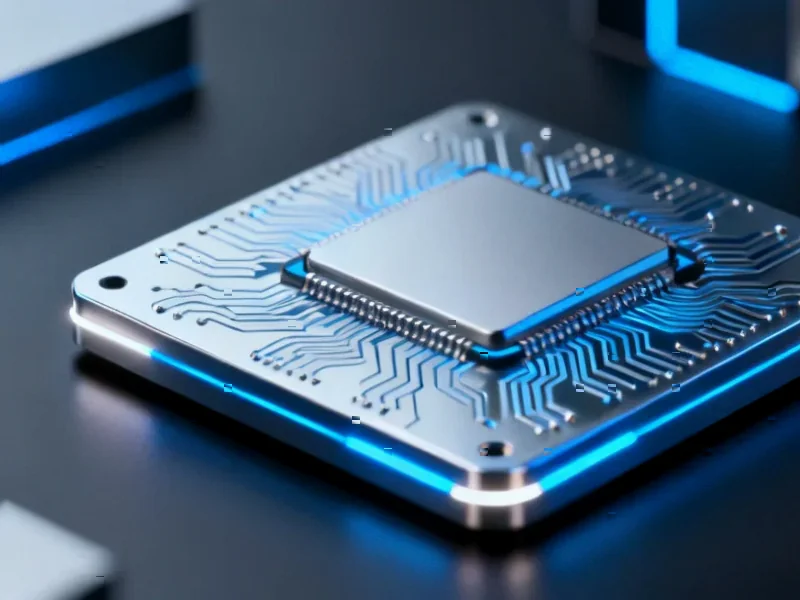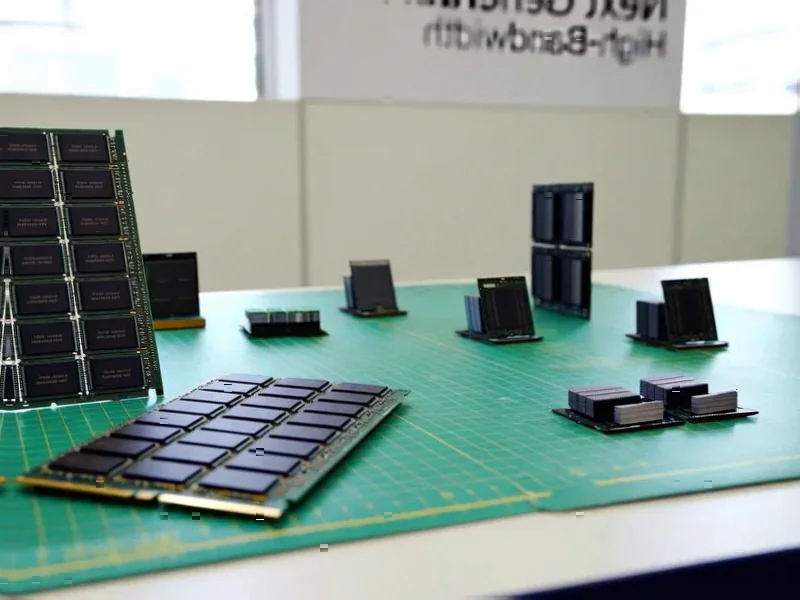According to Phoronix, SUSE engineers have submitted patches providing U-Boot bootloader support specifically for the Raspberry Pi 5 hardware. The patches enable proper U-Boot functionality on the popular single-board computer, which has been a notable gap since the device’s launch. Additionally, separate patches have been posted for upstream Linux kernel support of the Raspberry Pi 5’s Ethernet connectivity. These developments represent significant progress toward full, proper Linux integration for the Raspberry Pi 5 platform, addressing two critical areas that have been problematic for serious Linux users since the device’s October 2023 release.
Why SUSE is doing the heavy lifting
Here’s the thing that makes this interesting – SUSE isn’t exactly a company you’d expect to be leading Raspberry Pi development. They’re an enterprise Linux company that typically focuses on big server deployments and cloud infrastructure. So why are they investing engineering resources into a $80 single-board computer?
I think it’s actually pretty clever positioning. The Raspberry Pi has become this incredible gateway drug into the Linux world. Students, hobbyists, and developers cut their teeth on Pis, and where do you think they go when they need enterprise solutions later? By making sure SUSE works beautifully on the most accessible hardware platform, they’re essentially planting seeds for future enterprise customers. It’s a long game, but it makes perfect sense when you think about it.
Better late than never
Now, the Raspberry Pi 5 launched back in October 2023, so we’re talking about nearly six months of limited Linux support. That’s actually kind of surprising when you consider how popular these devices are in the Linux community. But the reality is that proper upstream support takes time, especially when you’re dealing with custom hardware like the Raspberry Pi’s proprietary chips.
The timing here is actually pretty good though. We’re at that point where early adopters have been struggling with workarounds, and now the proper solutions are arriving just as the device is hitting broader availability. Basically, the serious users who need stable Linux deployments can finally get what they need without jumping through hoops.
The real winners here
So who actually benefits from this? Well, obviously Raspberry Pi users who want to run proper server workloads or embedded applications. But I think the bigger story is what this enables for the broader ecosystem. With U-Boot support, you can now properly boot multiple operating systems or custom Linux distributions. The Ethernet patches mean reliable networking for servers and network appliances.
And let’s not forget the developers and companies building products around Raspberry Pi hardware. They’ve been waiting for this level of support to really scale their deployments. Michael Larabel, who’s been covering Linux hardware for decades at Phoronix, consistently highlights how these kinds of upstream contributions make or break hardware platforms in the Linux world. It’s one thing to have community hacks – it’s another to have proper corporate-backed support that ensures long-term stability.
Look, at the end of the day, this is exactly how open source should work. A major player like SUSE sees value in improving support for popular hardware, and everyone benefits. The Raspberry Pi foundation gets better Linux compatibility without doing all the work themselves, and the community gets stable, well-tested code. Seems like a win for everyone involved.




